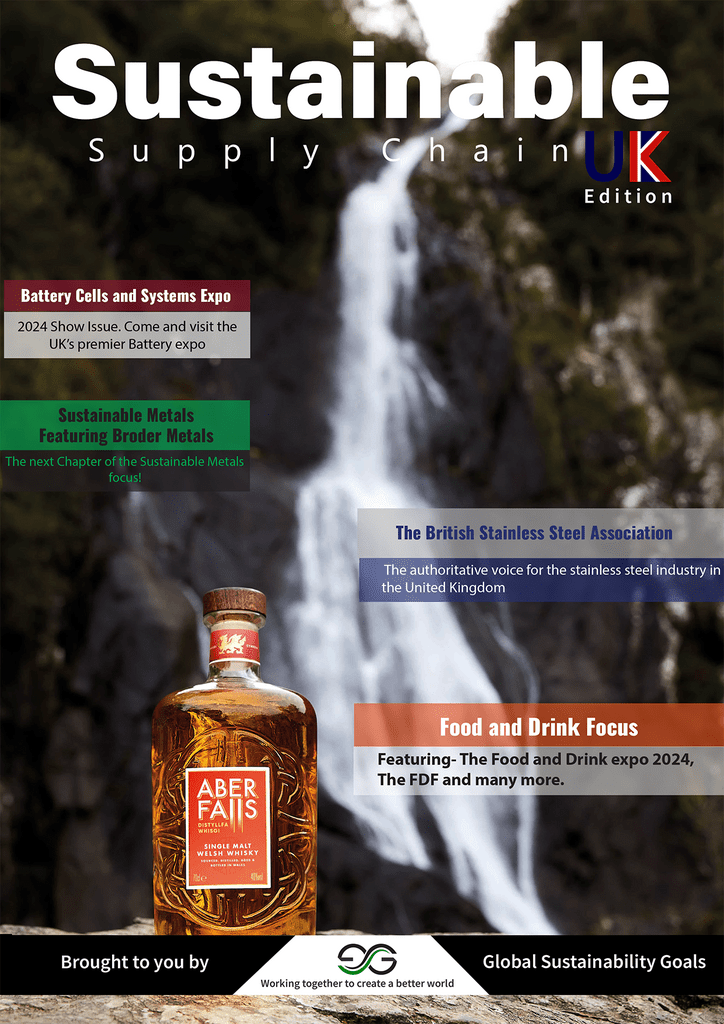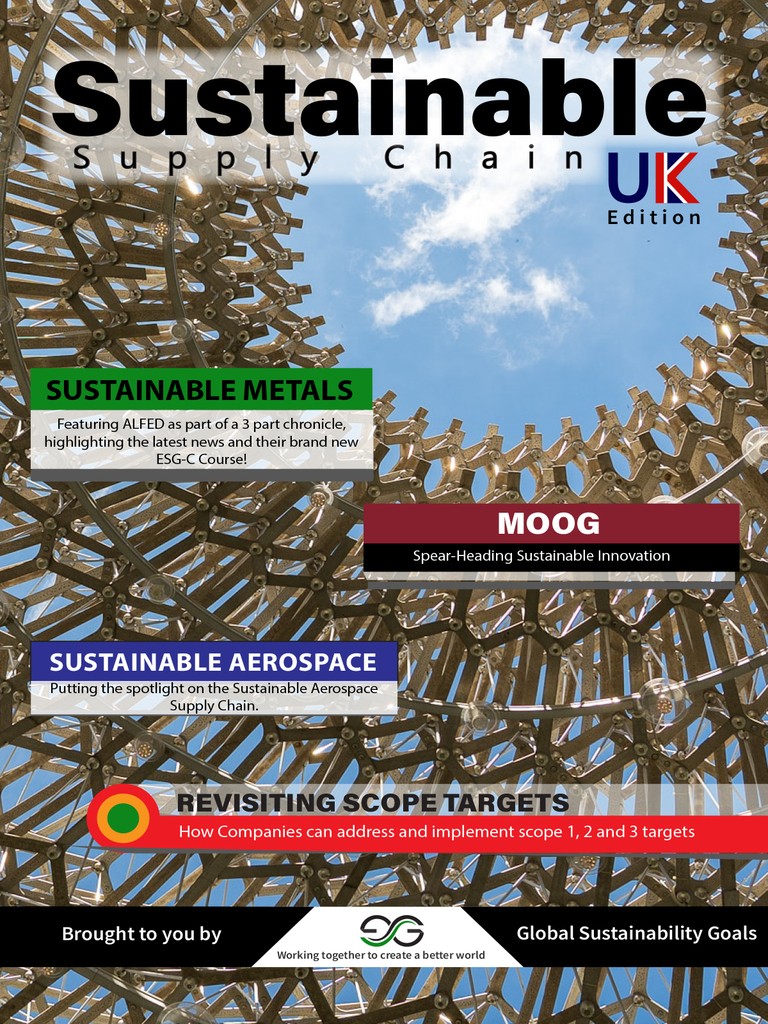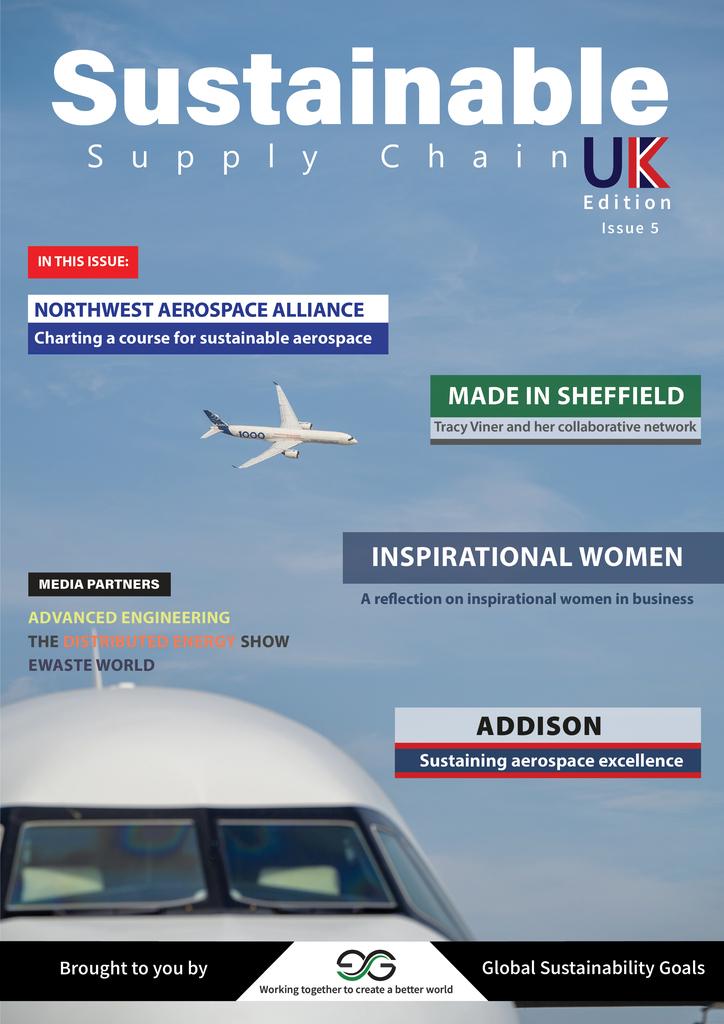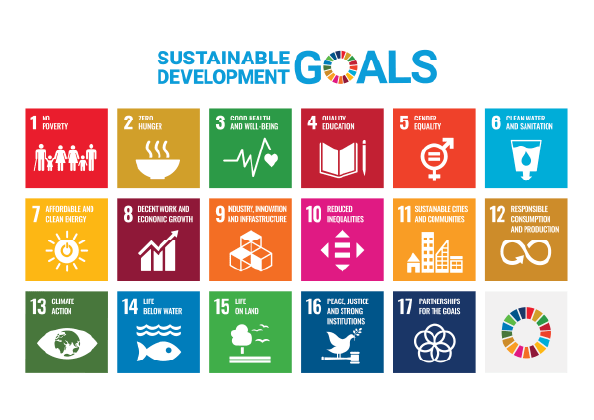Unlocking the Path to Sustainable Development: The Inner Development Goals (IDGs)
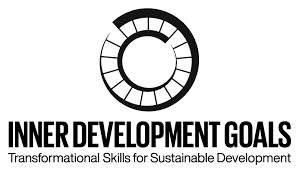
In a world striving to achieve sustainable development, a ground-breaking initiative has emerged, offering a transformative framework that promises to reshape the future of humanity. Introducing the Inner Development Goals (IDGs), an essential toolkit of skills for sustainable development, open-source and freely available to all. As the IDGs gain momentum, they stand as the beacon of hope, guiding leaders and individuals alike towards a prosperous future for our planet.
At its core, the IDGs embody co-creation, embracing input and expertise from a diverse range of individuals, including experts, scientists, practitioners, and organizations worldwide. This inclusive approach ensures that the IDGs continue to evolve and stay relevant as they receive ongoing development and refinement from a growing global community.
The journey of the IDGs began with the publication of the first-ever IDGs report in 2021, laying out the foundation of the initiative. This comprehensive report detailed the background, methodology, and the framework itself, comprising five dimensions and 23 transformational skills. These dimensions act as the pillars upon which the IDGs rest, nurturing the growth of crucial abilities for those striving to address the Sustainable Development Goals (SDGs).
To arrive at this transformative framework, the IDGs initiative conducted two online surveys, incorporating valuable insights from over a thousand participants. Fostering a sense of togetherness and shared vision, the IDGs community has blossomed to include 23 supporting organizations. Moreover, the three MindShift – Growth that Matters conferences convened thus far have united over 3000 proactive individuals, testament to the widespread enthusiasm for sustainable development.
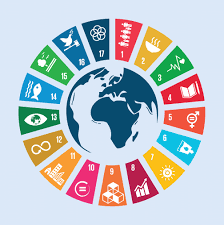
The IDGs framework itself is an outcome of tireless efforts by a team of international researchers, who conducted extensive outreach and consultations. The result? A profound understanding of the 23 skills and qualities essential for human inner growth and development.
The five dimensions that form the backbone of the IDGs are as follows:
1. Being – Relationship to Self:
- At the heart of sustainable development lies a profound connection with oneself. This dimension empowers individuals to cultivate self-awareness, emotional intelligence, and resilience, nurturing a strong foundation for personal growth.
- Inner Compass: Having a deeply felt sense of responsibility and commitment to values and purposes relating to the good of the whole.
- Integrity and Authenticity: A commitment and ability to act with sincerity, honesty, and integrity.
- Openness and Learning Mindset: Having a basic mindset of curiosity and a willingness to be vulnerable and embrace change and growth.
- Self-awareness: The ability to be in reflective contact with one’s thoughts, feelings, and desires; having a realistic self-image and ability to regulate oneself.
- Presence: The ability to be in the here and now, without judgment and in a state of open-ended presence.
2. Thinking – Cognitive Skills:
- The ability to think critically and creatively is crucial for envisioning innovative solutions to complex global challenges. This dimension fosters intellectual agility, adaptive thinking, and problem-solving prowess.
- Critical Thinking: Skills in critically reviewing the validity of views, evidence, and plans.
- Complexity Awareness: Understanding of and skills in working with complex and systemic conditions and causalities.
- Perspective Skills: Skills in seeking, understanding, and actively making use of insights from contrasting perspectives.
- Sense-making: Skills in seeing patterns, structuring the unknown, and being able to consciously create stories.
- Long-term Orientation and Visioning: Long-term orientation and the ability to formulate and sustain commitment to visions relating to the larger context.
3. Relating – Caring for Others and the World:
- Sustainable development hinges upon empathy and compassion towards others and the environment. This dimension nurtures the capacity to build meaningful connections and foster a deep sense of responsibility for our shared planet.
- Appreciation: Relating to others and the world with a basic sense of appreciation, gratitude, and joy.
- Connectedness: Having a keen sense of being connected with and/or being a part of a larger whole, such as a community, humanity, or global ecosystem.
- Humility: Being able to act in accordance with the needs of the situation without concern for one’s own importance.
- Empathy and Compassion: The ability to relate to others, oneself, and nature with kindness, empathy, and compassion and address related suffering.
4. Collaborating – Social Skills:
- Realizing the Sustainable Development Goals requires seamless collaboration and cooperation. This dimension equips individuals with the skills to work harmoniously in diverse teams, forging partnerships that drive positive change.
- Communication Skills: Ability to really listen to others, to foster genuine dialogue, to advocate one’s views skillfully, to manage conflicts constructively, and to adapt communication to diverse groups.
- Co-creation Skills: Skills and motivation to build, develop, and facilitate collaborative relationships with diverse stakeholders, characterized by psychological safety and genuine co-creation.
- Inclusive Mindset and Intercultural Competence: Willingness and competence to embrace diversity and include people and collectives with different views and backgrounds.
- Trust: The ability to show trust and to create and maintain trusting relationships.
- Mobilization Skills: Skills in inspiring and mobilizing others to engage in shared purposes.
5. Acting – Enabling Change:
- Ultimately, the true impact of sustainable development lies in taking action. This dimension empowers individuals to transform intention into action, catalysing tangible progress towards a sustainable and prosperous future.
- Courage: The ability to stand up for values, make decisions, take decisive action, and, if need be, challenge and disrupt existing structures and views.
- Creativity: The ability to generate and develop original ideas, innovate, and be willing to disrupt conventional patterns.
- Optimism: The ability to sustain and communicate a sense of hope, positive attitude, and confidence in the possibility of meaningful change.
- Perseverance: The ability to sustain engagement and remain determined and patient even when efforts take a long time to bear fruit.
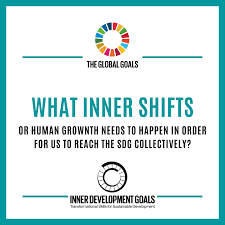
In essence, the IDGs represent not only a guide for leaders tackling the SDGs but also a roadmap for all humanity. By embracing and internalizing these transformative skills, individuals from all walks of life can become agents of change, working collectively to accelerate progress towards sustainable development.
The IDGs initiative stands as a testament to the power of collaboration, co-creation, and collective purpose. As more individuals and organizations join the movement, the IDGs will continue to evolve, making strides towards a better world for generations to come. Together, armed with the knowledge and understanding imparted by the IDGs, we can forge a path towards sustainable development, turning the dream of a prosperous future for all into a vivid reality.



